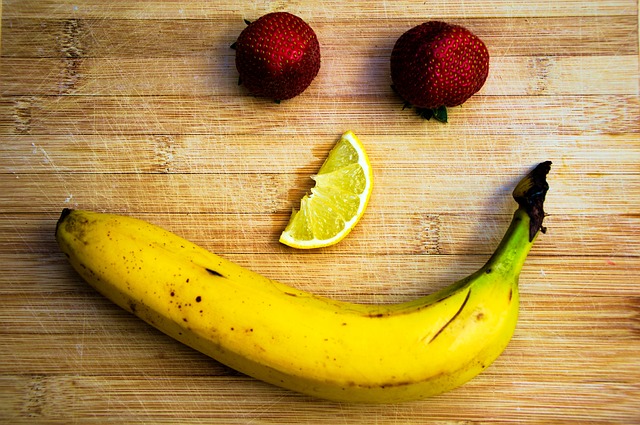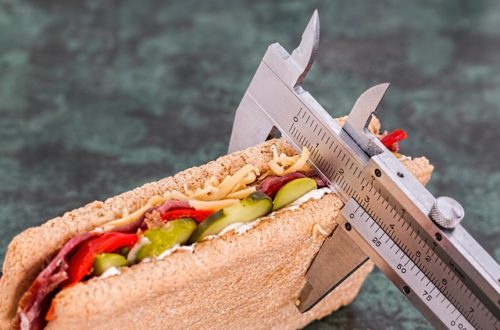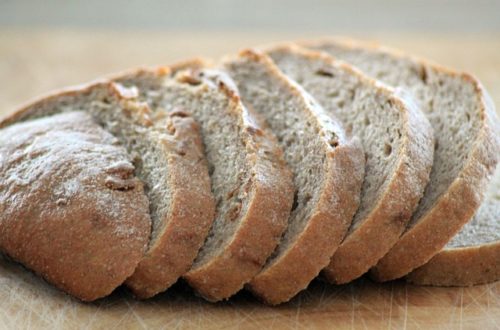Fine-Tuning Your Diet to Reduce Stress and Anxiety

If there’s one thing that almost everybody in the modern world needs a little less of, it’s stress and anxiety. In their post “The Physical Effects of Stress,” the experts at Ohio University point out that around 51 percent of women and 43 percent of men in America experience negative side effects of chronic stress. According to them, common symptoms of chronic stress include:
- Headaches
- Upset stomach
- Elevated blood pressure
- Chest pain
- Lack of motivation
- Change in appetite
- Change in sex drive
- Anger or irritability
- Difficulty sleeping
- Increased risk of developing viral infections
While there are many ways to reduce your cortisol levels, one of the most simple ways to improve your health is to change what you eat. Here’s how you can fine-tune your diet to reduce stress and anxiety:
What to Cut
Bread lovers beware: the anti-anxiety diet requires that you eliminate simple carbohydrates and sugars because of their propensity to spike your blood sugar. When this happens, your body subsequently releases insulin in an attempt to balance that out, which can tax your adrenal gland. Processed simple sugars can also actually place added stress on your vascular system, giving rise to varicose veins.
Coffee and alcohol inspire a similar response, and caffeine in large amounts can make almost anyone jittery. According to ASU, “an average of three cups a day is an acceptable level of caffeine for most people. However, tolerance varies due to a variety of factors including genetic makeup…”
Of course, some people just need their morning coffee to keep from going insane — but that’s alright. If you need caffeine, green tea, particularly Kukicha Tea, has less caffeine and is packed with beneficial antioxidants.
What to Add
Speaking of antioxidants, they are something you should aim to add to your whole food, low-carb diet. Blueberries and acai berries are both superfoods that contain beneficial phytonutrients and are loaded with antioxidants.
Make sure you get some protein in the morning — it will keep you energized and full throughout your day. If you’re looking for a good vegetarian source, almonds are high in protein and healthy fat and also contain zinc, which will help you to keep a balanced mood.
The good news here is that you don’t necessarily have to eat less; you just have to eat right. FashionBeans reports a high-protein, low-carb diet will not only help you reduce stress, but can actually help you reduce fat. From their blog:
“The perfect fat-loss diet is a little counterintuitive: eat more. But eat right. McMaster University scientists found that, while you’re in a calorie deficit, increasing the amount of protein in each dish ensures that you can keep or even gain muscle mass as you burn blubber. What’s more, as you eat, your body uses calories to digest food and protein demands the most. Eat meat, burn fat. Simple.”
Balance Beyond Breakfast
There’s no better start to the day than a balanced breakfast, and on the anti-anxiety diet, make sure that it contains protein and vegetables. Cracking eggs over a mess of greens can be a quick, healthy option that will carry you far beyond breakfast, but be sure to not skip any meals. This will help regulate your blood sugar levels so you feel calm and don’t experience severe ups and downs. Omega-3 fatty acids may help as well — salmon can be a great choice for any meal.
While it’s great to start your day off with a strong meal, it’s usually never a good idea to eat before going to bed. This is because lying down with a full stomach can cause acids to be forced up through the esophagus. Not only that, it can be incredibly disruptive to sleep, which in turn, can lead to sleep deprivation — another major component of stress.
Other Tips and Tricks
While altering your diet alone will certainly help ease some of your anxiety, these adjustments work best when paired with increased exercise, mindfulness practices, and (as mentioned above) consistent, deep sleep.
Beyond that, yoga is wonderful for both increasing activity levels and encouraging focus on the breath, and a daily meditation practice of just five minutes can make you aware of how you’re breathing through the rest of your day. Getting enough sleep shouldn’t be too difficult with less caffeine in your life, but be sure to aim for eight to nine hours of uninterrupted rest. You’ll wake up feeling refreshed and ready to make your eggs and face your day.
In the end, a simple dietary tweak can improve your stress levels — however, it’s extremely important to realize that chronic anxiety is an actual mental health issue. If your problems persist, seek attention from a qualified professional immediately.
Hopefully, however, eating right, getting enough sleep, and practicing mindfulness is enough for you. Here’s to change and healthy new beginnings!
Would you like to receive similar articles by email?





